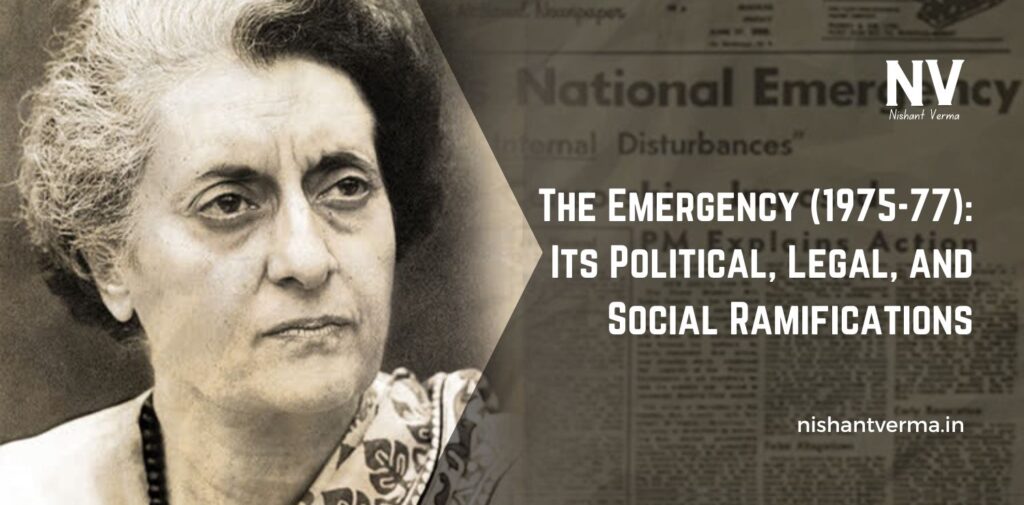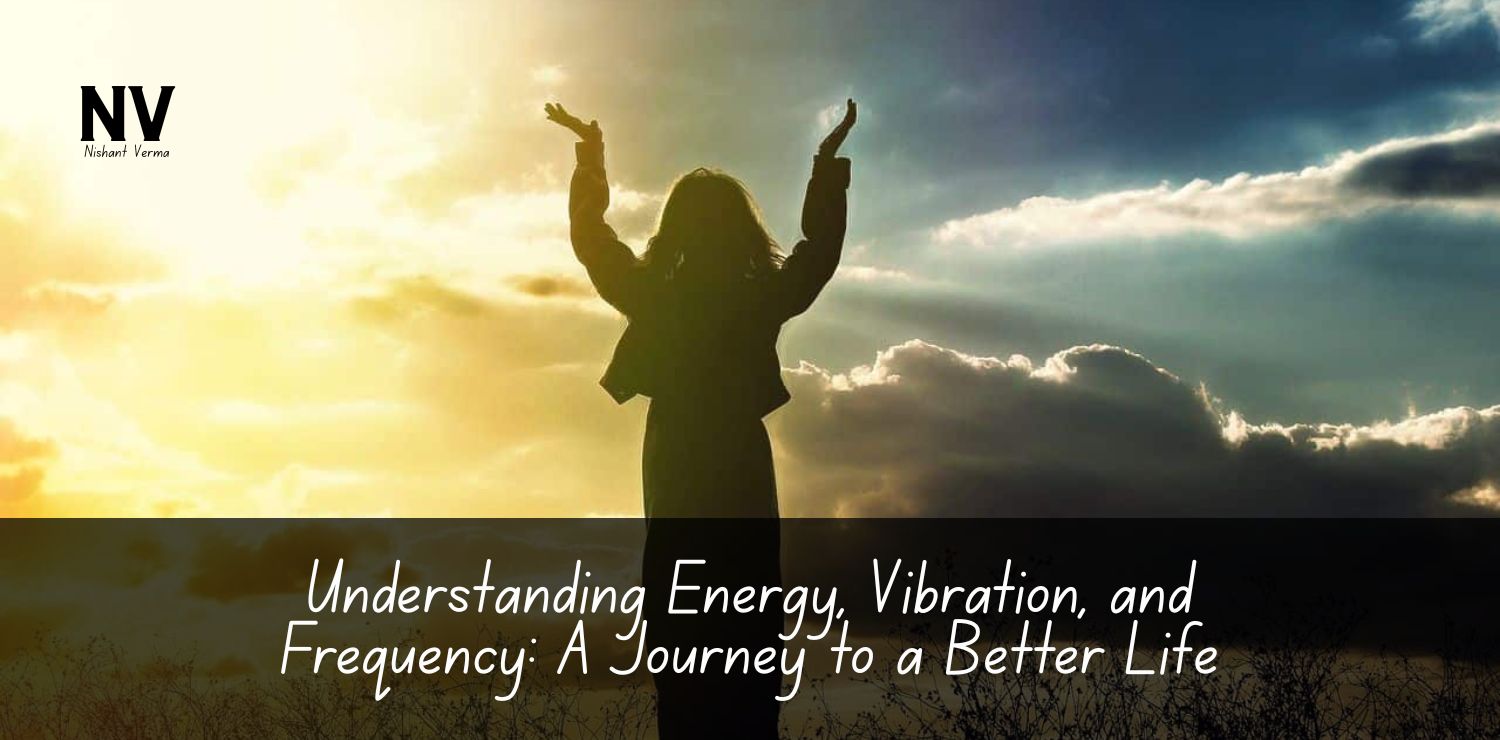India’s history is full of significant events that have shaped its democracy, freedom, and society. One of the most important and controversial events in modern Indian history was the Emergency declared by then-Prime Minister Indira Gandhi in 1975. This period, lasting from 1975 to 1977, had a huge impact on the political, legal, and social fabric of the country. It is a part of Indian history that every citizen should understand, as it taught India valuable lessons about democracy, rights, and governance.
Let’s explore what The Emergency (1975-77) was, why it was declared, and how it affected the country. We will explain it in simple language so that even a young child can understand the significance of this event.
What Was the Emergency?
The Emergency in India was a 21-month period when Prime Minister Indira Gandhi, using her powers, decided to suspend certain freedoms and rights of the citizens. The Emergency gave the government special powers to rule without following the usual laws of democracy.
It began on June 25, 1975, when Indira Gandhi declared that the country was facing a grave internal situation, and she needed to take strict measures. The Emergency lasted until March 21, 1977, when it was lifted. During this time, India faced many changes, and life for the common people was not the same.
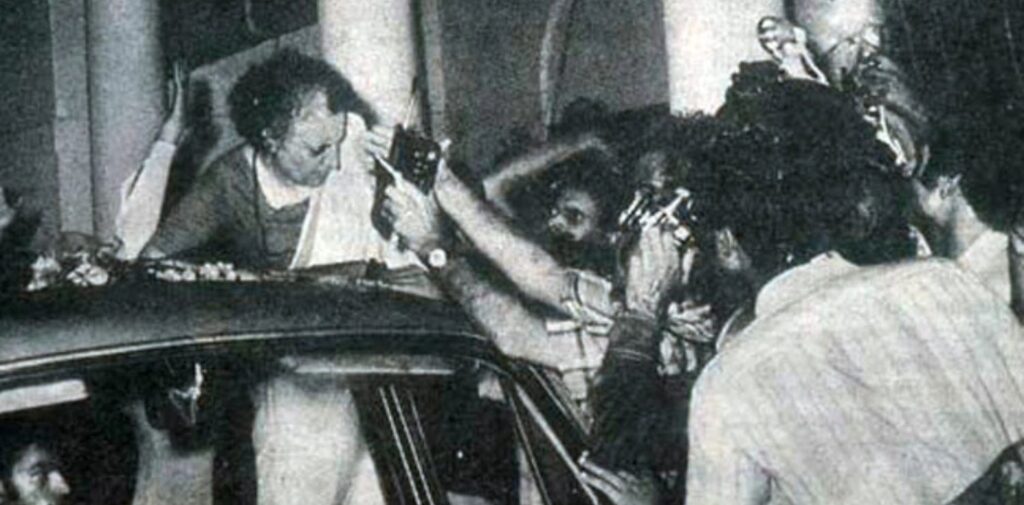
Why Was the Emergency Declared?
Indira Gandhi, who was the Prime Minister at the time, faced several problems in the country. There were strikes, protests, and a lot of unrest. The opposition parties, led by people like Jayaprakash Narayan, were demanding her resignation because they believed that she had abused her power.
In 1975, a court case (called the Raj Narain case) found Indira Gandhi guilty of election law violations. This judgment led to a lot of pressure on her. Some believed she might be removed from office because of this case. To maintain her position and prevent the political crisis from getting worse, Indira Gandhi declared the Emergency.
Indira Gandhi also said that the Emergency was necessary to protect the country from the threat of internal disturbances, such as unrest in the government, political instability, and threats from opposition groups. The Emergency, she argued, was meant to restore order and preserve the unity of the country.
What Happened During the Emergency?
Once the Emergency was declared, many important changes happened in India that affected the political, legal, and social system.
- Suspension of Fundamental Rights: The government suspended certain basic rights that people usually have. These are called Fundamental Rights, which include the right to protest, the right to free speech, and the right to live without fear of arrest. During the Emergency, people who criticized the government could be arrested without a reason. Political leaders, journalists, and activists who spoke against the government were put in jail.
- Censorship of the Press: The media (newspapers, TV, and radio) was controlled during the Emergency. News outlets were not allowed to print or broadcast anything that was critical of the government. This meant that the people did not get to know the real situation in the country, and there was no freedom of speech.
- Arrests and Detentions: Many of the opposition leaders, activists, and ordinary citizens who spoke out against the government were arrested. Thousands of people were sent to jail without trial. The police were given special powers to arrest anyone they considered a threat to the government.
- Control Over Elections: During the Emergency, elections were put on hold. Indira Gandhi did not want the opposition to have a chance to contest elections, as she feared she would lose. This period saw a suspension of the democratic process, where people could not vote for a change in leadership.
- Forced Sterilization Campaign: One of the most controversial policies during the Emergency was the government’s campaign to control population growth. The government promoted forced sterilization, especially among the poor, to reduce the population. Many people were forced or tricked into undergoing sterilization, which caused fear and anger among the public.
- Authoritarian Rule: Indira Gandhi ruled with full authority, without being checked by any opposition. Her government became more like a dictatorship, where she had complete control over the political and legal system.
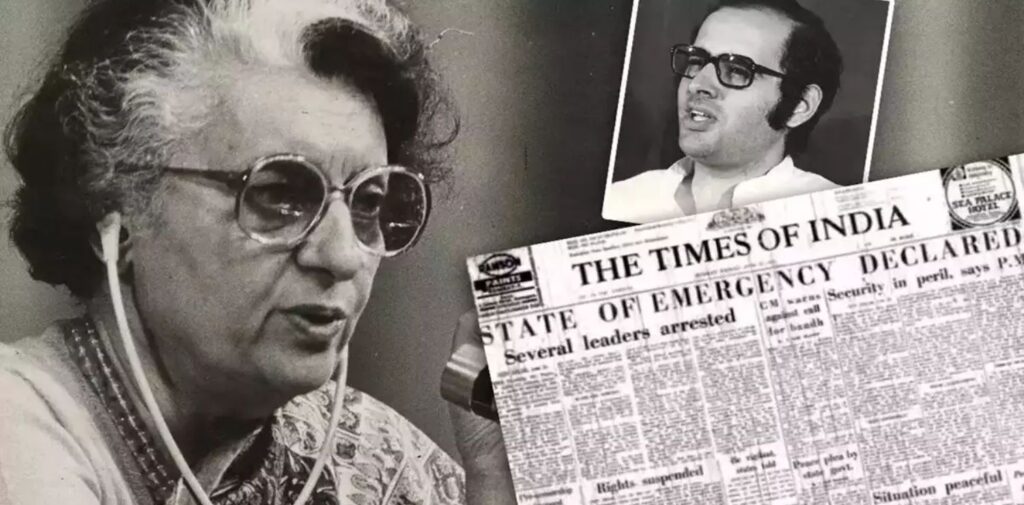
Political Ramifications of the Emergency
The Emergency deeply affected Indian politics in several ways.
- End of Indira Gandhi’s Popularity: While Indira Gandhi was initially very popular, the Emergency caused many people to turn against her. The suspension of basic rights, the forced sterilization campaign, and the jailing of political leaders made people angry. This loss of trust in the government led to a major change in Indian politics.
- Rise of the Opposition: The Emergency period united the opposition parties, even though they were very different in their beliefs. Leaders like Jayaprakash Narayan, Morarji Desai, and Chandra Shekhar worked together to challenge Indira Gandhi’s rule. This opposition eventually led to the formation of the Janata Party, which won the 1977 elections and brought an end to the Emergency.
- The Fall of Congress Party: Indira Gandhi’s party, the Indian National Congress (INC), suffered a huge defeat in the 1977 general elections. The Janata Party, which opposed the Emergency, came to power. This showed that the people had rejected the authoritarian rule and wanted a return to democracy.
Legal Ramifications of the Emergency
The Emergency also had important effects on India’s legal system:
- Suspension of the Constitution: The Constitution of India gives every citizen certain basic rights, but during the Emergency, some of these rights were suspended. This meant that the government could make decisions without following the usual legal processes.
- Arbitrary Arrests: The government could arrest anyone without any charges or trial. The laws meant to protect citizens were ignored, and this led to human rights abuses. People were arrested and jailed for simply criticizing the government.
- Judicial Independence: During the Emergency, some judges were pressured to support the government’s actions. The Court of the Chief Justice of India supported the government’s decision to suspend the fundamental rights of citizens. This showed how the judiciary’s independence was compromised during this time.
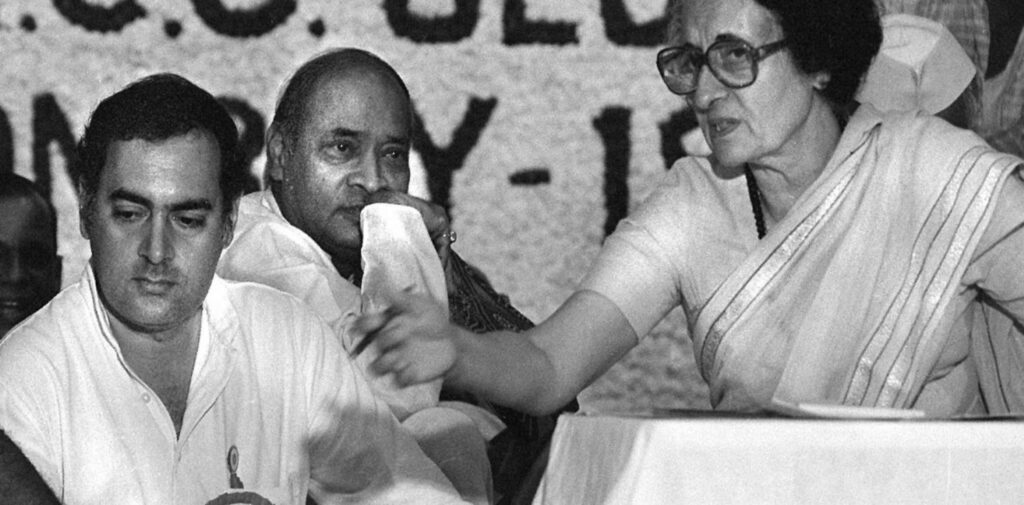
Social Ramifications of the Emergency
The Emergency also had a significant impact on the social fabric of India:
- Fear Among the People: People lived in constant fear of being arrested. They were afraid to speak out, write articles, or even express their opinions about the government. This created an atmosphere of fear and silence across the country.
- Loss of Freedom: The Emergency took away the freedom to express oneself. Political leaders, journalists, and students who protested were jailed. Many lost their right to speak and act freely. The people realized how precious their rights were, and they became more aware of the importance of freedom and democracy.
- Social Reforms: Despite the negative impacts, the Emergency also saw some positive social changes. The government focused on promoting family planning and literacy programs. These efforts helped bring some positive changes to the social structure, but they were overshadowed by the heavy-handed tactics used during the Emergency.
Conclusion: The Emergency (1975-77)
The Emergency of 1975-77 is a dark chapter in India’s democratic history. It showed how, under certain circumstances, power can be misused to undermine the rights of citizens. The suspension of fundamental rights, the censorship of the press, and the arbitrary arrests created an atmosphere of fear and mistrust.
However, the Emergency also taught the people of India a valuable lesson: the importance of democracy, the rule of law, and the need for checks and balances in the government. It was a reminder that no one, not even the Prime Minister, should have unchecked power.
After the Emergency ended, India returned to its democratic roots. The Janata Party came to power, and the people voted for a government that promised to restore the freedoms that had been taken away. The experience of the Emergency made the people of India more aware of their rights and the importance of protecting democracy.
The Emergency period is a reminder that democracy is fragile, and it is up to every citizen to protect it. It is a part of India’s history that continues to be discussed and debated, but it has certainly played a major role in shaping the country’s political landscape.

